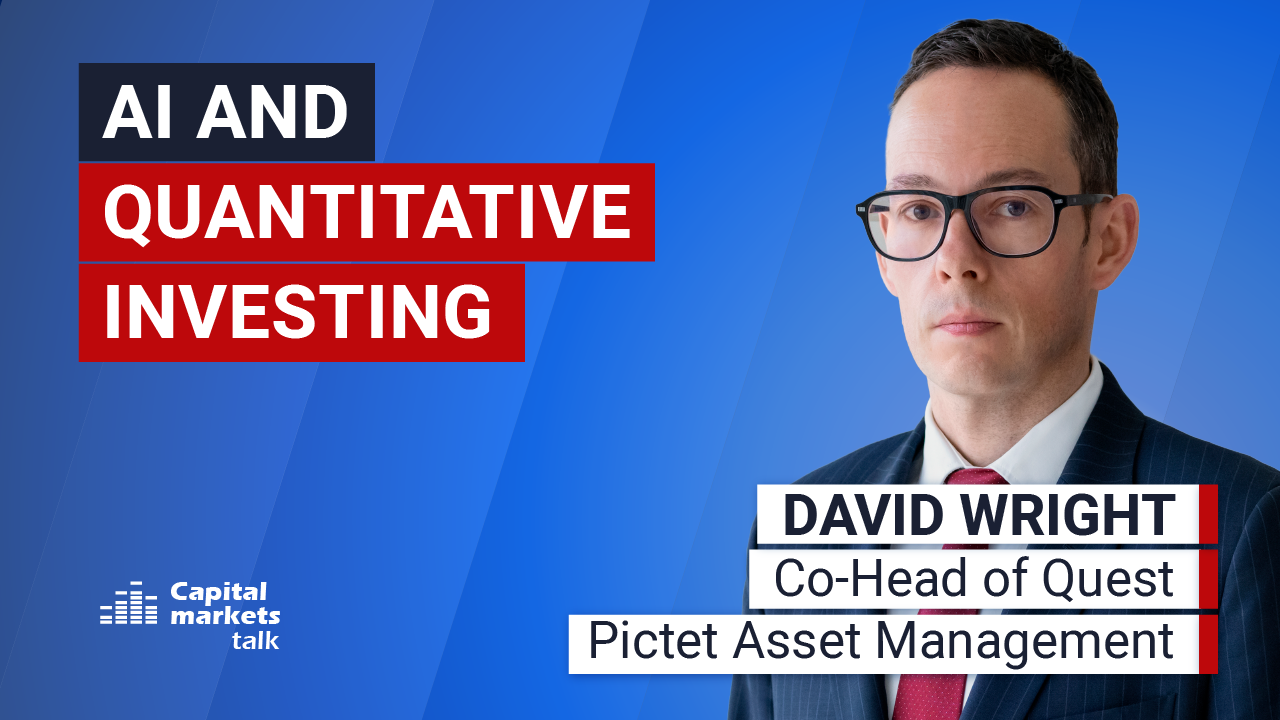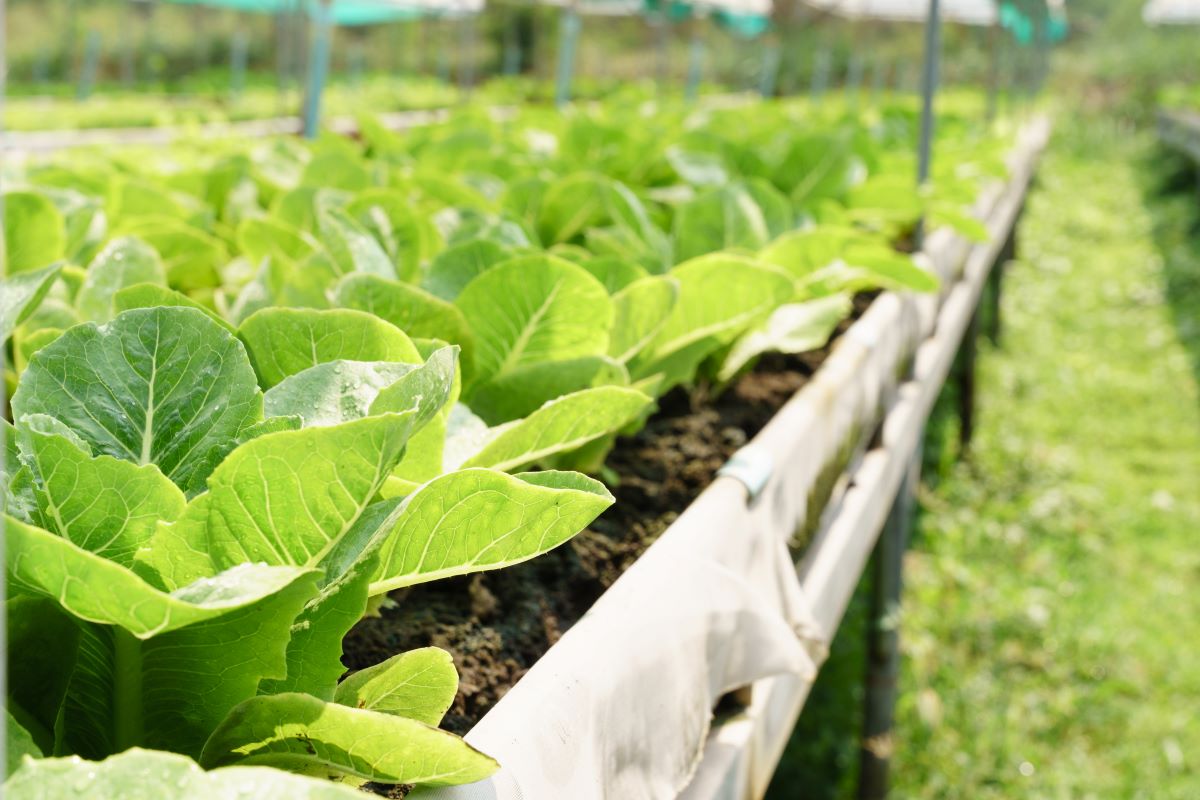The financial impact of escalating environmental degradation and biodiversity loss is considerable. These issues are deeply intertwined with climate change, posing substantial risks to economies and businesses. Against this backdrop, Wellington Management explores the relationship between sustainable food systems and biodiversity.
“We also identify key themes and potential investment opportunities we see emerging in biodiversity innovation,” writes Christopher Goolgasian, Director of Climate Research at Wellington.
Goolgasian underscores the far-reaching consequences of the collection, manufacturing, distribution, and consumption of food. According to the World Wildlife Foundation, the industrial processes employed to sustain human nourishment result in deforestation, habitat degradation, loss of biodiversity, and the emission of greenhouse gases.
Faced with this, Wellington emphasises sustainable food systems are essential for achieving biodiversity conservation goals, as seen in regulatory efforts like the US Inflation Reduction Act and the EU’s Green Deal.
Regarding investment prospects in biodiversity innovation, the asset manager provides insights into sustainable agriculture. Goolgasian talks about the significance of “smart farming” and “precision agriculture” in emphasising the immediate requirement for technological advancements within the agricultural sector.
Next, he sheds light on the crop chemicals industry. “Crop protection chemicals are vital to global food production systems. However, the widespread overuse of these chemicals to protect yields has resulted in decreased soil biodiversity,” asserts the asset manager. According to it, “precision spraying” and “organic fertiliser substitutes” offer solutions.
Subsequently, Goolgasian talks about how reducing food loss and waste is critical for mitigating the impact of climate change on biodiversity and ensuring that global nutrition needs are met. He states that waste management, waste-to-energy, food storage, and refrigeration innovations offer investment opportunities.
Also, water is vital for agriculture, but climate change is leading to water scarcity. Wellington suggests that companies offering solutions for water quality and availability management are expected to see growing demand. “We think that businesses involved in food systems, particularly in the four areas above, offer a good starting point for a dialogue on how corporates and issuers respond to the major risks and opportunities associated with biodiversity loss,” concludes Goolgasian.
Read the complete insight here.
Read more

Global Trade
Trump ignites global trade war / Reactions
The USA itself will be the victim of Trump’s trade policy.

Private Debt
The case for private debt in real asset financing
What makes the combination of private debt and real assets particularly compelling in today’s market?

Schroders
Looking ahead: 30-year return forecasts
Higher returns are expected across asset classes, driven by stronger productivity growth for equities and elevated long-term central bank rate projections for bonds.

Quant Investing
AI and quantitative investing
Artificial intelligence applications go way beyond stock selection.

Bellevue Asset Management
Demographics and AI drive MedTech stocks
MedTech investment case: What makes it attractive, which trends stand out?





















